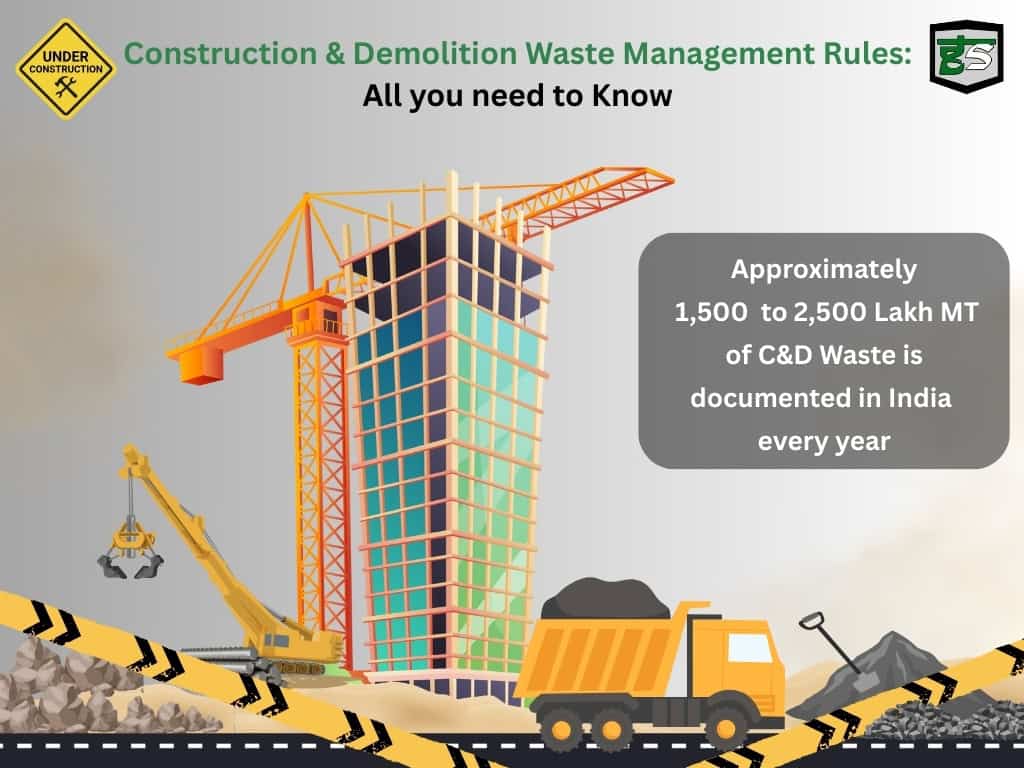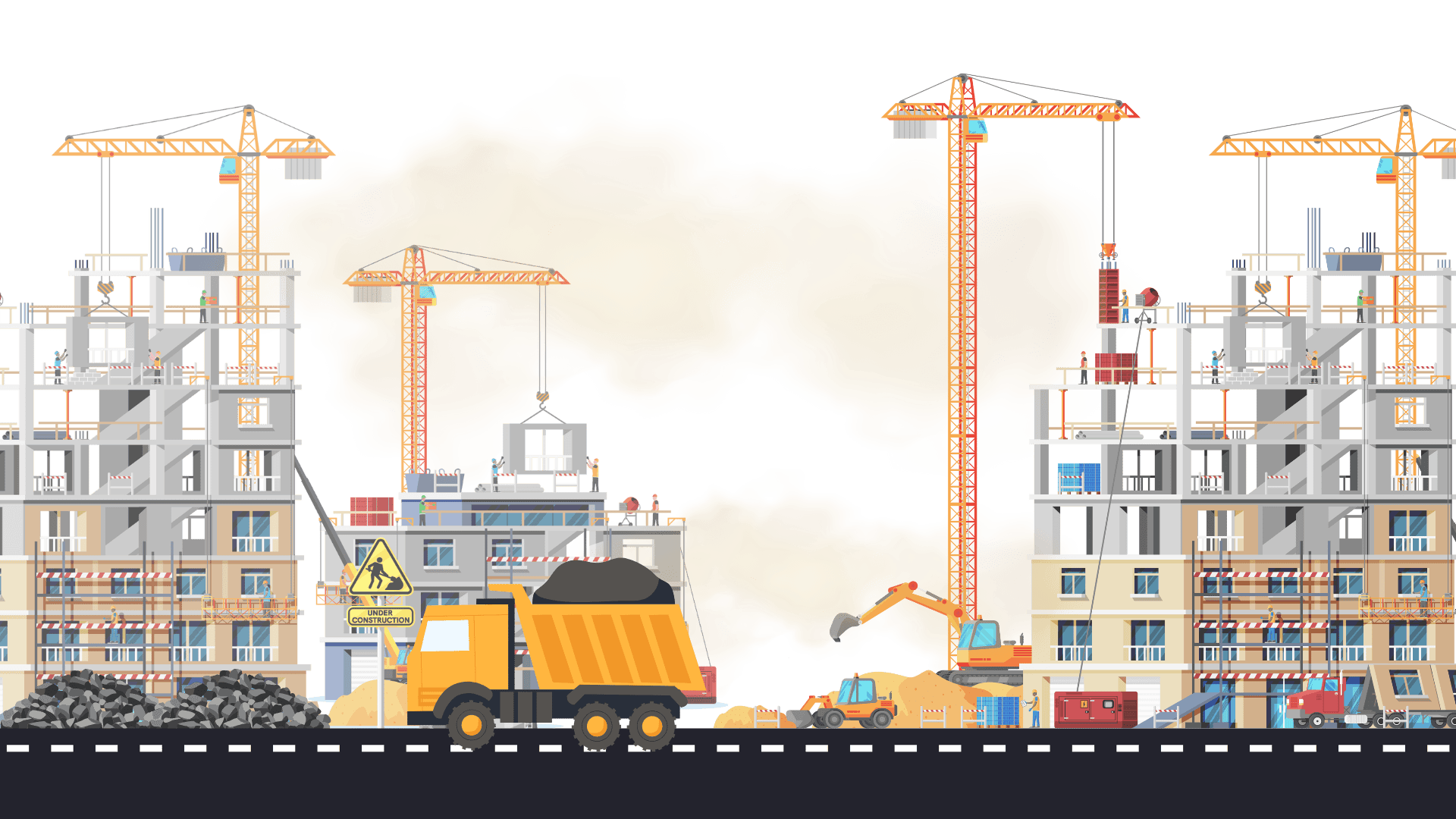Summary

Article Name
Construction and DemolitionWaste Rules: All you need to Know
DescriptionLearn about the Construction and Demolition Waste Rules published by Central Pollution Control Board of India.
Author
Team GreenSutra
Publisher Name
GreenSutra
Publisher Logo


